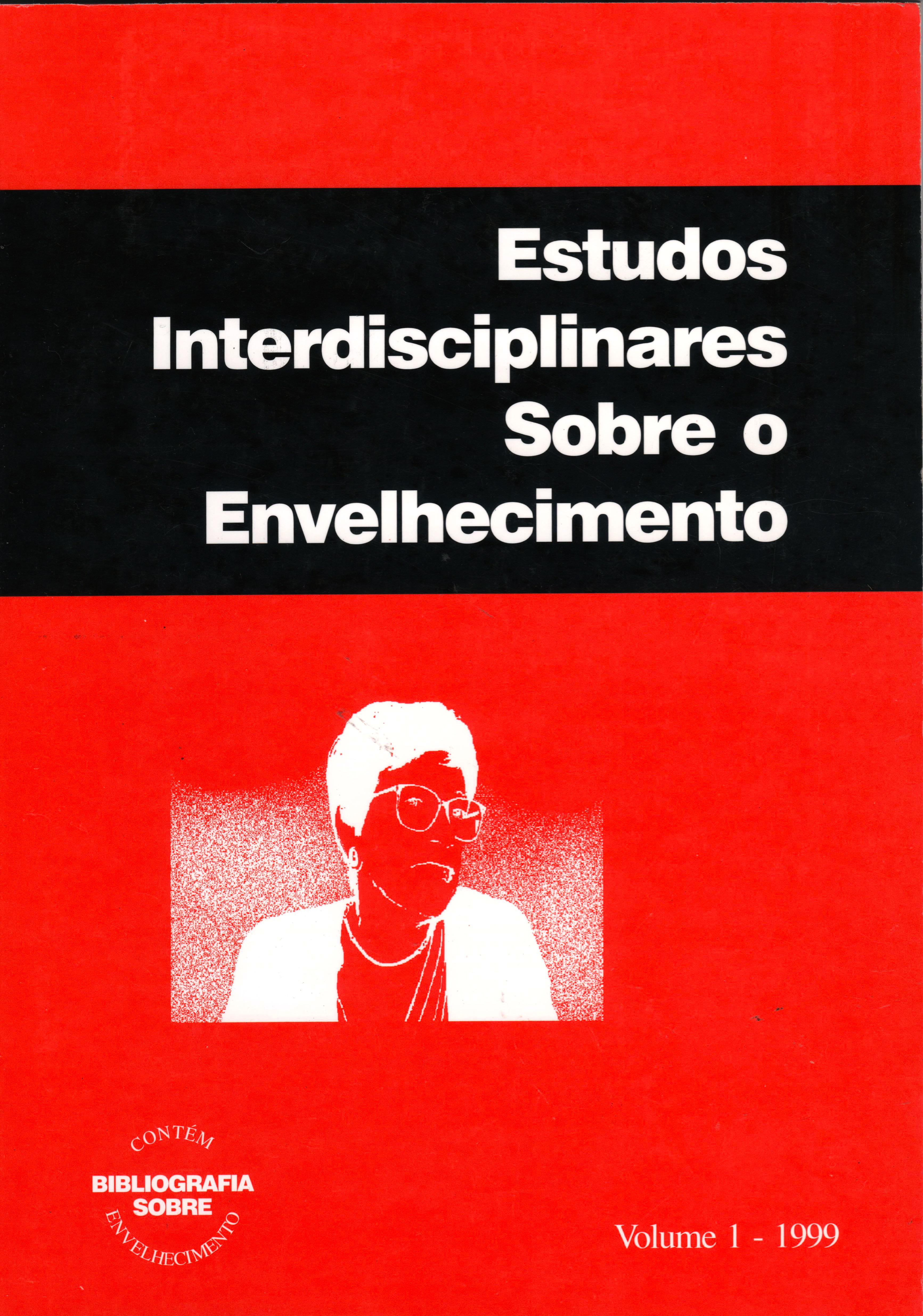Idosos Aposentados: representações do cotidiano
DOI:
https://doi.org/10.22456/2316-2171.4655Palavras-chave:
Representação social. Aposentadoria. Velhice. Social representation. Retirement. Old age. Seniors.Resumo
Resumo: No imaginário da sociedade moderna, o trabalho é exaltado e tem caráter de obrigação moral. A aposentadoria e o afastamento deste pode representar uma ruptura identitária, implicando numa reorganização do projeto de vida. Neste processo, surgem novas atividades no cotidiano do idoso em substituição à atividade profissional. O estudo que deu origem a este texto teve como objetivo investigar as representações de idosos aposentados sobre seu cotidiano depois da aposentadoria. Para isso foram analisadas transcrições de entrevistas realizadas com aposentados há pelo menos 5 anos, com mais de 60 anos, de ambos as sexos, ligados ou não a grupos de convivência, escolhidos de forma intencional, não institucionalizados e residentes na zona urbana de Porto Alegre. Das entrevistas selecionou-se fragmentos de discurso sobre atividades que desempenham atualmente. Verificou-se que muitas das características de atividades de trabalho são mantidas e valorizadas positivamente pelos idosos ao dimensionarem suas práticas cotidianas, ainda que a trabalho esteja pouco presente em seu cotidiano atual. Por outro lado, a disciplina e a hierarquia são características do mundo do trabalho que às quais os aposentados são avessos, não considerando necessário mantê-las nesta etapa da vida. Palavras-chave: Representação social. Aposentadoria. Velhice. Abstract: In the perception of modem society, work is acclaimed and bears a moral obligation characteristic. Retirement and the fact of being away from work, can represent an identity rupture implying in a reorganization of the individual’s life goals. In this process, new activities, replacing the professional ones, come up in the senior’s daily life. The survey that gave origin to this paper had as its goal, to investigate the retired seniors’ representation of his/her daily life after retirement. For such, the transcripts of the interviews carried out with individuals retired for at least 5 years, over 60 years of age, both sexes, linked or not to peer groups, intently chosen, who were not living in institutions, and living in the urban area of Porto Alegre, were analyzed. Discourse fragments on the activities they currently do were selected from the interviews. It was noted that many of the characteristics of the work activities are maintained and positively valued by the seniors when analyzing their daily practices, even if the work is little present in his/her current daily life. On the other hand, discipline and hierarchy are characteristics of the work world which the retired individuals oppose to, considering them unnecessary at this stage in life. Keywords: Social representation. Retirement. Old age. Seniors.Downloads
Não há dados estatísticos.
Downloads
Publicado
1999-06-23
Como Citar
Silva, M. da G. S. e. (1999). Idosos Aposentados: representações do cotidiano. Estudos Interdisciplinares Sobre O Envelhecimento, 1. https://doi.org/10.22456/2316-2171.4655
Edição
Seção
Artigos originais

